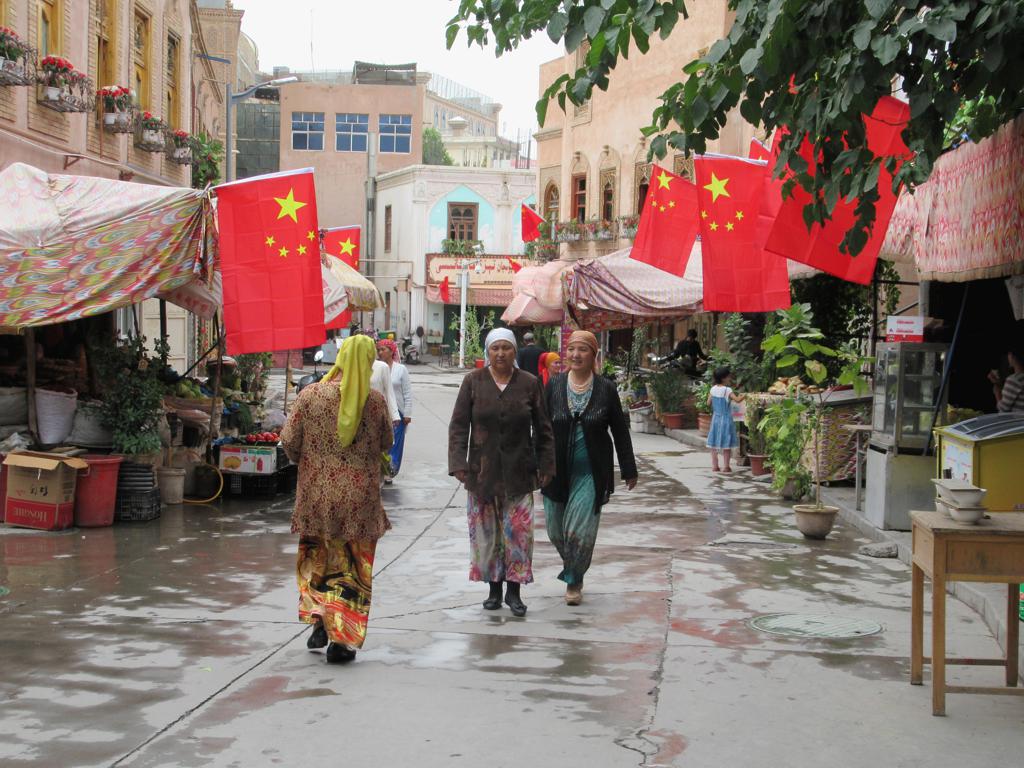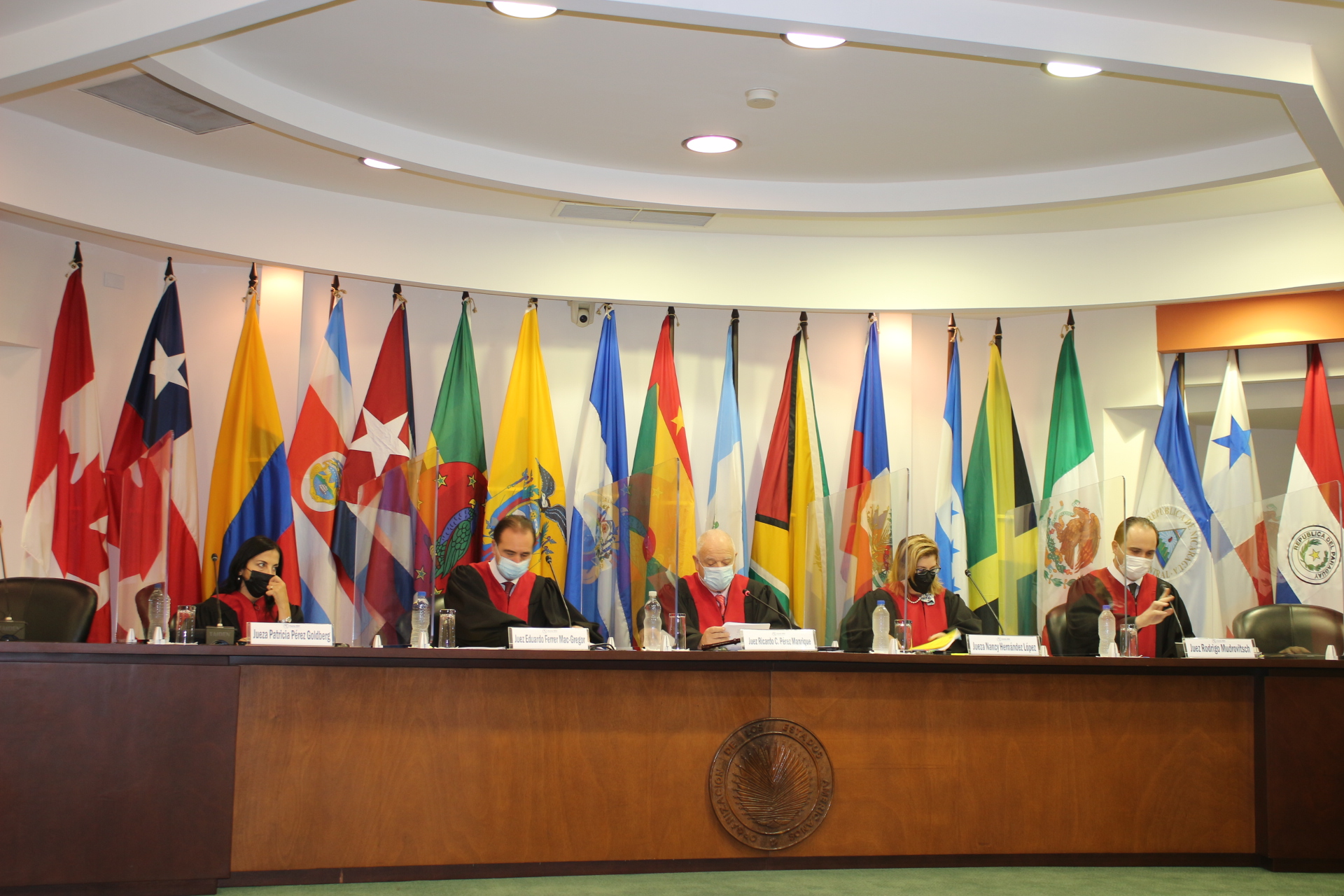See more ISHR reporting on this issue, including our statements to the UN High Commissioner for Human Rights and the UN Special rapporteur on counter-terrorism.
请点此阅读中文版
The United Nations Human Rights Council should address the worsening human rights crisis in the Xinjiang region in northwestern China as a matter of priority, Human Rights Watch and the International Service for Human Rights (ISHR) said today. If it ignores UN Secretary-General Antonio Guterres’ ‘call to action on human rights,’ announced at the opening of its current session, the Council risks failing its mandate to hold all, even the most powerful, UN member countries to account for grave abuses. Although the current Human Rights Council session will be suspended from 13 March 2020 due to COVID-19 precautions, States should act to ensure collective attention to the ongoing rights crisis in Xinjiang when the session resumes.
On 27 February 2020, the UN High Commissioner for human rights, Michelle Bachelet, reiterated her call for a UN advance team to have ‘unfettered access,’ which is the norm for such visits, to prepare a visit to China so that she could ‘analyse in depth’ the country’s human rights situation. China offered an invitation but no independent access. The Council has not yet taken any formal action to address rights abuses in Xinjiang.
‘China has responded to the UN rights office’s call for unfettered access to Xinjiang by doubling down on its denials and false narratives and pressuring States not to critique the human rights nightmare being imposed on the region’s Muslims,’ said John Fisher, Geneva director at Human Rights Watch. ‘States at the Human Rights Council need to speak out collectively and insist on a full independent investigation.’
In a joint letter in July 2019 and a statement at the UN Third Committee in October, governments raised clear concerns about the Xinjiang situation. Since then, new evidence has emerged of draconian government policies violating fundamental human rights. Leaks of official documents, including the November 2019 ‘China Cables‘ and the February 2020 ‘Karakax List,’ show official intent to arbitrarily detain and ‘re-educate’ Turkic Muslims.
Most recently, human rights groups, research organisations, and the media have documented forced labor in Xinjiang that Chinese and foreign firms have not been able to monitor. Activists raising the alarm about the situation in China have also started to draw more attention to China’s harassment of Uyghur diaspora communities abroad, including in the United States and European Union countries and in UN fora.
In November, twelve UN human rights experts published an extensive critique of China’s misuse of terrorism legislation, highlighting multiple serious human rights violations. At the current Human Rights Council session, the UN expert on counterterrorism expressed concerns about the misuse of deradicalisation initiatives to violate rights, including legislation that enables the widespread use of arbitrary detention and ‘re-education’.
In light of recent developments, the Human Rights Council and UN member countries should publicly and collectively call for objective, independent, expert information on the situation in Xinjiang. Concerned governments should further press China to cease all policies that target the Turkic Muslim community, including separating families, destroying cultural heritage, and abusing technology to track, surveil, censor, and intimidate Turkic Muslims in China and abroad.
‘Any visit by the High Commissioner must include unfettered access, guarantees against reprisals, full support from subject-matter experts like the Special Procedures, and a report back to the Council,’ said Sarah M. Brooks, advocate at ISHR. ‘The Council has been inundated with Chinese government propaganda about Xinjiang, but it’s essential it receives first-hand information from Bachelet, survivors, their communities and families, experts, and human rights defenders.’
For more information, please contact:
For ISHR, in Geneva, Sarah Brooks (English, French): +41-786-597-337 (mobile); or [email protected]. Twitter: @sarahmcneer
For Human Rights Watch, in Geneva, John Fisher (English, French): +41-22-732-5760; or [email protected]. Twitter: @JohnFisher_hrw
For Human Rights Watch, in Washington, DC, Sophie Richardson (English, Mandarin): +1-202-612-4341; or +1-917-721-7473 (mobile); or [email protected]. Twitter: @SophieHRW




